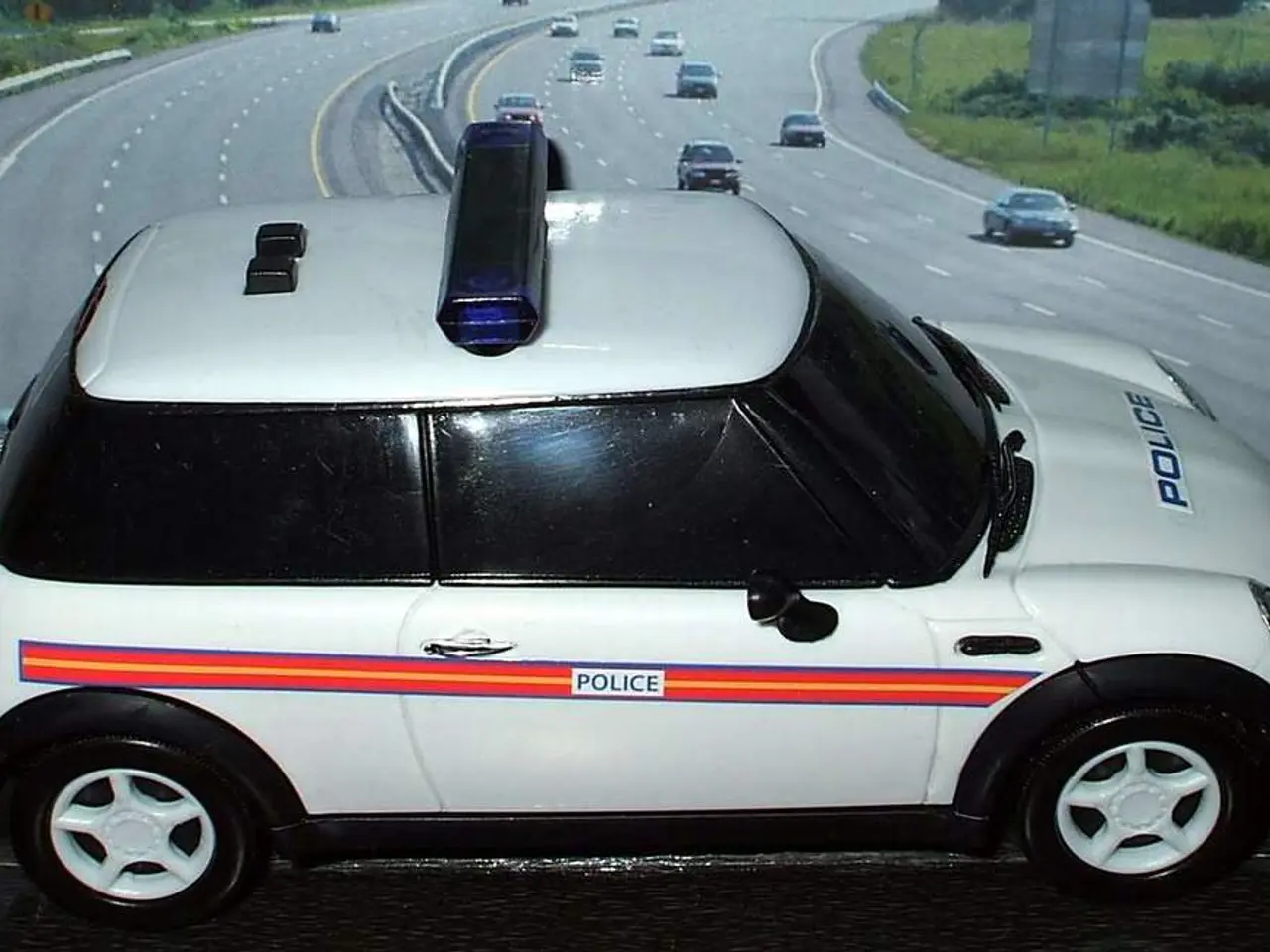Unusual Executive Order from Trump: Urge for Demonstrations in Washington D.C.
Federal Control of Washington D.C. Police Sparks Legal Challenges and Public Concern
The federal control of the Washington D.C. police department, instituted by President Trump under emergency powers, has been met with significant opposition and concerns about public safety and local authority.
Reception and Legal Pushback
The city’s Attorney General Brian Schwalb filed a lawsuit to block the takeover, labelling it a "hostile takeover" that risks "imminent, irreparable harm" to public safety and order. Law enforcement veterans and local officials echoed concerns that the directive could undermine law and order rather than improve it[1].
A federal judge, Ana Reyes, partly blocked aspects of the takeover, ruling that the federal government must follow procedures involving the city mayor under the Home Rule Act and casting doubt on the legal basis for the president’s appointment of a federal emergency police commissioner to control the Metropolitan Police Department (MPD)[1][3].
Legal experts observe that federal judges are cautiously scrutinizing the administration's authority, as there is no clear precedent on deploying out-of-state National Guard forces or commandeering local police for federal purposes in D.C.[3].
Public Safety and Local Authority Implications
The White House claims that increased federal involvement has already reduced violent crime, narcotics distribution, and illegal guns in D.C., framing the intervention as popular and effective in making the city "safe again"[2].
However, civil rights groups and community leaders warn about the risks of further militarization and the chilling effect on protests, especially within predominantly Black neighborhoods historically strained in their relations with law enforcement[4]. They demand transparency, oversight, and assurance that routine policing functions like 911 response and victim services remain intact.
There are unresolved questions about the role, armament, and rules of engagement for National Guard troops, with officials indicating the Guard is mainly for infrastructure protection and crowd control rather than direct policing, yet the line remains blurred[4].
The move challenges the principle of local control enshrined in the Home Rule Act since it sidelines the elected D.C. mayor and police chief, generating political fallout and fears of federal overreach that could undermine local democracy[1][4].
Opposition and Protests
Opponents of Trump are mobilizing for protests against this decision, with calls for actions circulating on social media. Protesters temporarily blocked traffic in the city center, but larger protests did not initially occur[5].
Notable Facts
- The total number of all crimes decreased by 7%.
- Washington D.C.'s crime statistics show a decrease in reported crimes, including a 25% decrease in violent crimes up to early August 2023 compared to the previous year[6].
- 2024 was the year with the fewest violent crimes in 30 years in Washington D.C., according to the prosecutors' office of the capital district[6].
- In special situations, the president can place the National Guard under federal command, and in the case of the U.S. capital, it is directly under the president[7].
- The U.S. President can place the local Washington police under federal control for up to 48 hours without informing Congress[7].
- The National Guard, which belongs to the U.S. Army, has been active in the capital before, but usually controlled by the states[8].
- The current parliamentary recess may give Trump more time beyond the 30-day limit[9].
- Trump has offered accommodations for homeless people, but far away from the capital[10].
Read also:
- Court petitions to reverse established decision on same-sex marriage legalization
- Commemoration of 200 Days of American Resurgence Unveiled
- Minister Bärbel Bas expresses doubts about her tenure as a minister following a recent interview during the summer.
- Trump's enforcement actions in Washington D.C.: Insights from the political arena








